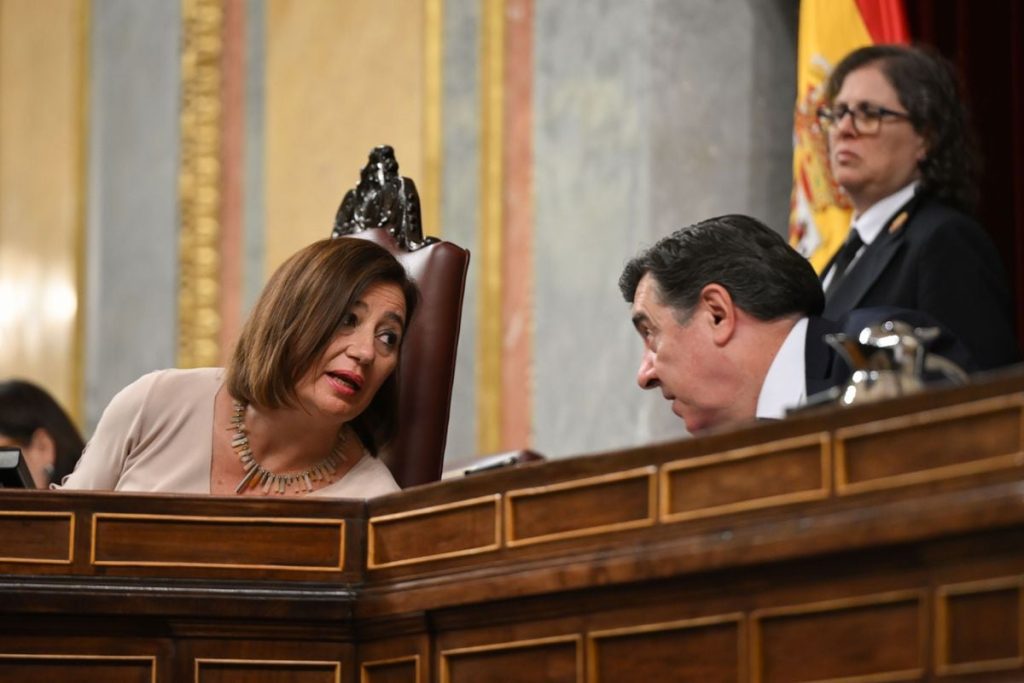The current situation in the Spanish government is tense as the Catalan independence movement continues to push for a unique financing system for Catalonia. The tension has been rising as the campaign for the upcoming elections on May 12th approaches, with politicians already being influenced by electoral considerations. ERC, a Catalan separatist party, brought a motion to the weekly plenary session calling for a special financing system for Catalonia. The debate ended with a warning from republican deputy Teresa Jordà, stating that if the government does not fulfill their promises of increased financial resources for Catalonia, there will be consequences.
The pressure from ERC did not sway the socialist party, who rejected the separatist’s demands and accused them of leading Catalonia on a futile path with their independence movement. The PSOE maintained that any new financing system should be agreed upon by all regions, while Sumar, a smaller party, expressed support for bilateral negotiations with Catalonia, but did not back the ERC motion. The Catalan party reiterated their claim that Catalonia faces a fiscal deficit of 22 billion euros annually, arguing that the region contributes significantly to the central government but receives less in return, leading to Catalonia living below its potential.
Junts, another Catalan party, echoed similar sentiments to ERC but in a more dramatic manner. They accused the political system in Spain of exploiting Catalonia, warning that the situation could reach a breaking point where Catalonia will no longer tolerate being taken advantage of. On the other hand, the Popular Party representative vehemently denied claims of fiscal mistreatment towards Catalonia, pointing out that any such situation would be a result of an agreement between the PSOE and ERC in 2009. The government managed to withstand the pressure from its Catalan partners on this issue but faced a defeat on a different proposal regarding wolf protection.
The proposal to remove special protections for wolves, which has been a contentious issue for some time, faced opposition from the Catalan parties as well as the PNV, leading to a surprising defeat for the government. The proposal was supported by a majority of votes, showing that certain regional interests can sometimes override the national government’s decisions. The outcome of this legislative process remains uncertain, as it will depend on how the proposal progresses through further stages. The political landscape in Spain is clearly affected by regional dynamics, with the Catalan issue playing a significant role in influencing decision-making at the national level.
As the Catalan independence movement continues to put pressure on the government, the upcoming elections on May 12th loom large over the political landscape. The debates in the Congress reflect the underlying tensions between the central government and regional interests, with the issue of financial independence for Catalonia taking center stage. The outcome of these debates and negotiations will have far-reaching implications for the future of Spain’s political landscape and its relationship with Catalonia. The conflict between regional and national interests underscores the complexity of Spain’s political system and the challenges faced in accommodating diverse perspectives within a unified state.


